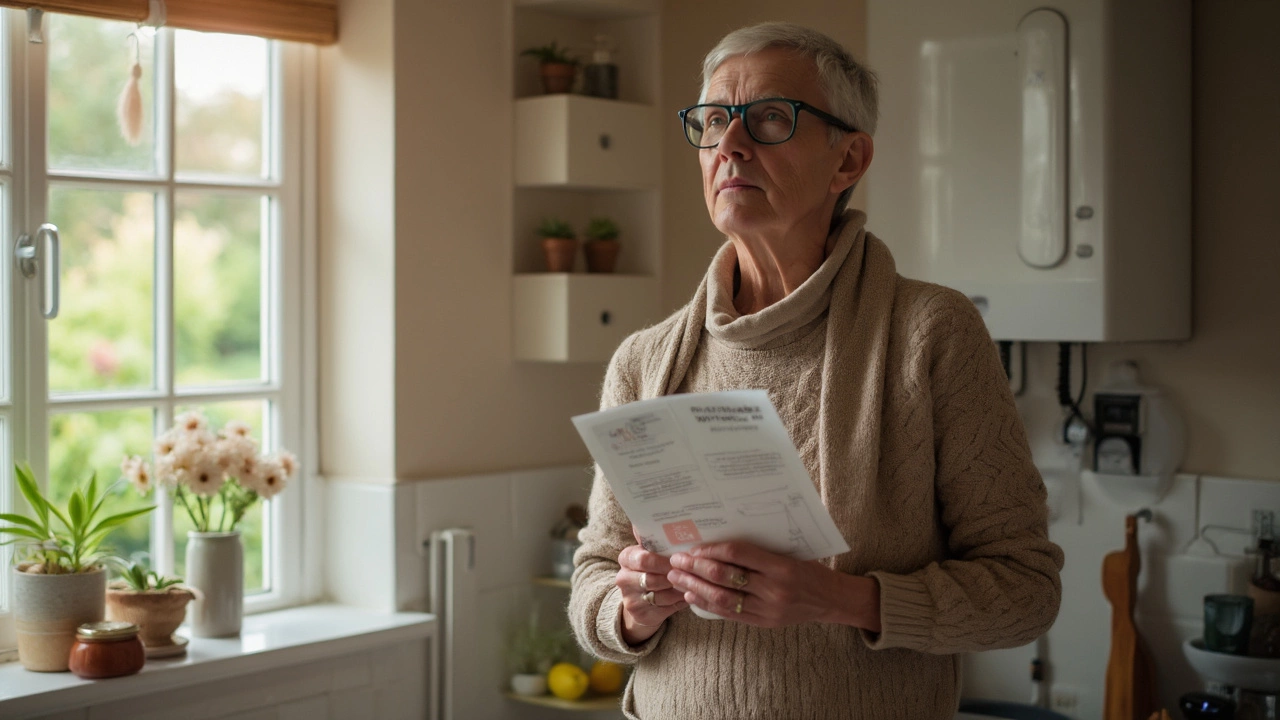Appliance Safety – Simple Tips to Protect Your Home
Every house is full of gadgets that make life easier, but each one can turn into a danger if it’s not looked after. From a noisy boiler to a stubborn oven, knowing how to stay safe saves money, avoids stress, and keeps your family out of harm’s way. Below are the basics you can start using right now, plus quick checks for the most common appliances.
Why Safety Matters for Every Appliance
Even a brand‑new washing machine can cause a leak or an electric fault if the installation isn’t right. Old boilers often develop cracks that release carbon monoxide, while a cracked hob glass can shatter under heat. Each issue shares one thing: a lack of regular care. By treating safety as part of your routine maintenance, you cut down the risk of fires, shocks, and costly repairs.
Think of safety as a small habit, like cleaning the lint filter on your dryer. One quick action now prevents a bigger problem later. The same principle works for gas appliances, extractor fans, and even bathroom fixtures that might seem unrelated to “appliance safety”.
Quick Safety Checks You Can Do Today
1. Visual inspection of cords and plugs. Look for frays, scorch marks, or exposed wires. Replace any damaged parts before you plug the device in.
2. Verify proper ventilation. Boilers, ovens, and extractor fans need clear airflow. Make sure vents aren’t blocked by furniture or dust. A clogged vent can overheat and cause a fire.
3. Test for leaks. For gas appliances, give the area a quick sniff for any lingering gas smell. If you’re unsure, call a Gas Safe engineer – it’s worth the call.
4. Check the reset button on water heaters. Press it only if the heater has tripped; repeated trips mean a deeper issue that needs a professional.
5. Keep cleaning schedules. Dust builds up on fan motors, oven vents, and boiler burners. A monthly wipe‑down with a soft brush removes grime that can cause overheating.
These five steps only take a few minutes, but they catch the majority of preventable hazards. If any of the checks raise a red flag, don’t hesitate to schedule a service.
For larger tasks—like replacing a glass hob, servicing a boiler, or fixing a broken dishwasher—call a qualified repair service. Trying to fix high‑voltage or gas‑related problems yourself can create more danger than it solves. Professionals have the tools, certifications, and insurance to get the job done safely.
In short, treat each appliance like a small piece of your home’s safety puzzle. Regular visual checks, proper ventilation, and timely professional service keep the puzzle together and your house running smoothly. Stay safe, keep things clean, and enjoy the convenience of modern appliances without the worry.
